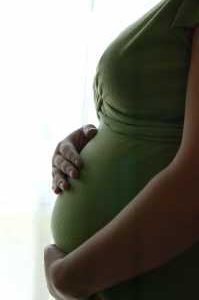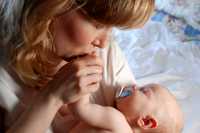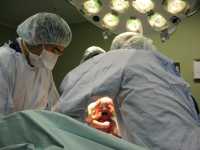Legal-Malpractice, OBGYNE, Pediatrics / 19.10.2024
The Different Forms of Medical Negligence That Cause Cerebral Palsy
Cerebral Palsy is a neurological disorder that affects movement, posture, and coordination. It is caused by damage to the brain during or shortly after birth and can lead to lifelong disabilities. While there are many known causes of cerebral palsy, medical negligence during childbirth is one of them.
When a child is born with cerebral palsy due to medical negligence, it can have devastating effects on both the child and their family. In such cases, seeking help from lawyers for a child's birth injury may be necessary in order to receive justice and compensation for the harm caused.
Medical negligence refers to any act or failure to act by a healthcare professional that falls below the accepted standard of care, resulting in harm to the patient. In the case of cerebral palsy, several forms of medical negligence can occur during childbirth and lead to this condition. This is what is discussed in this article.
(more…)








